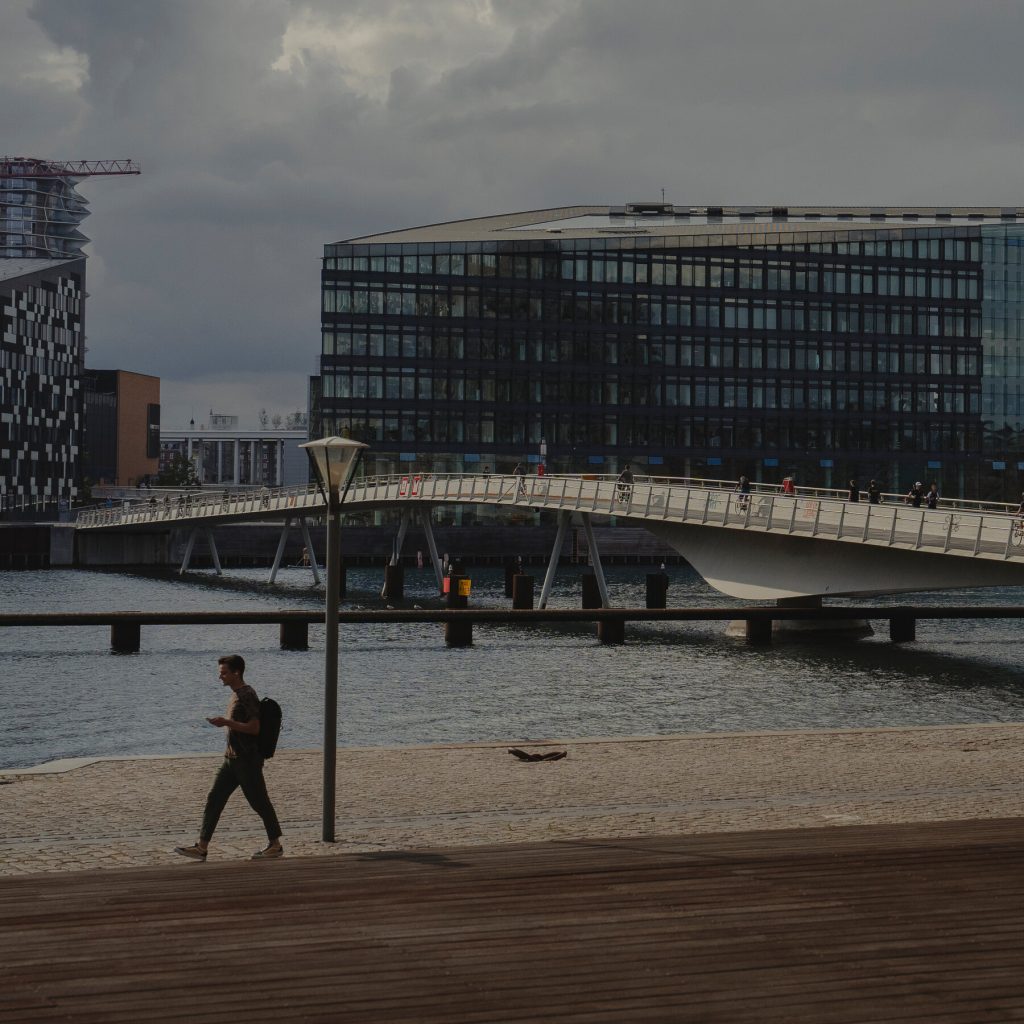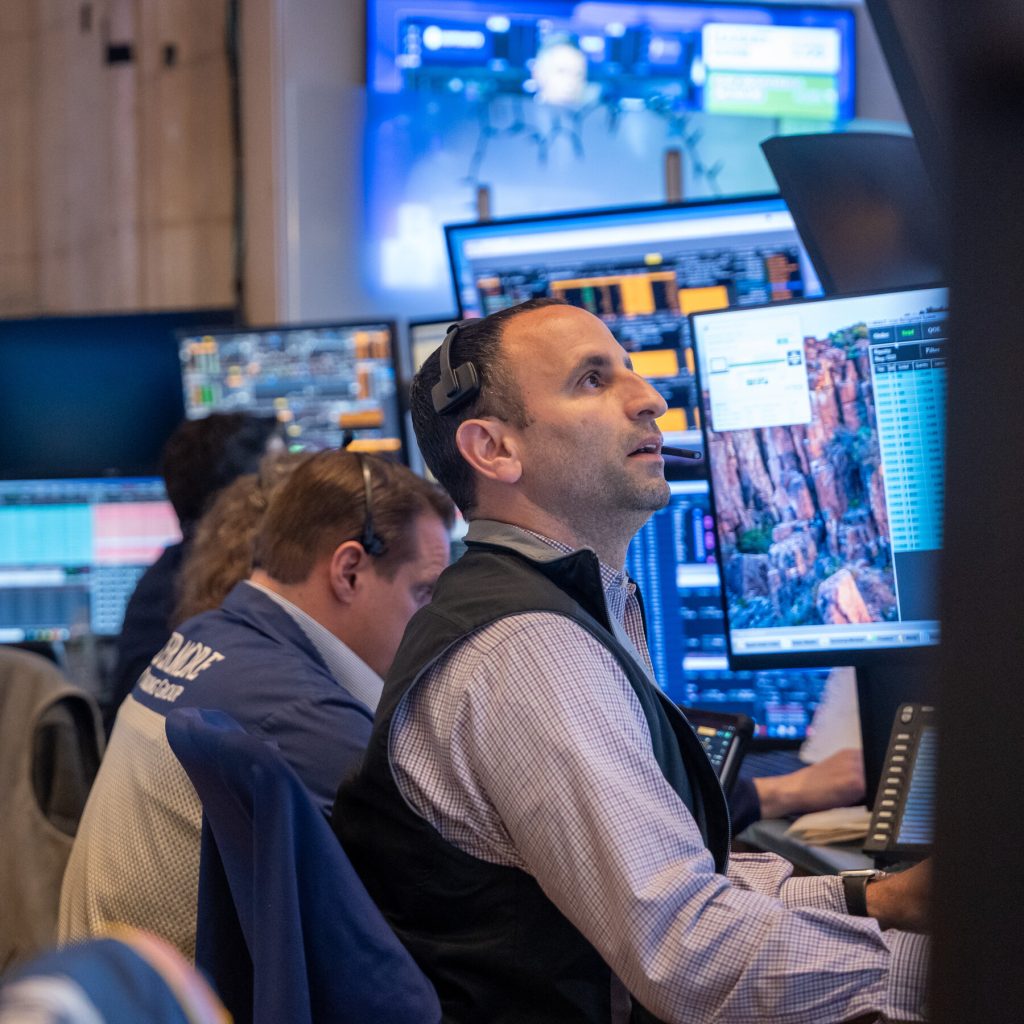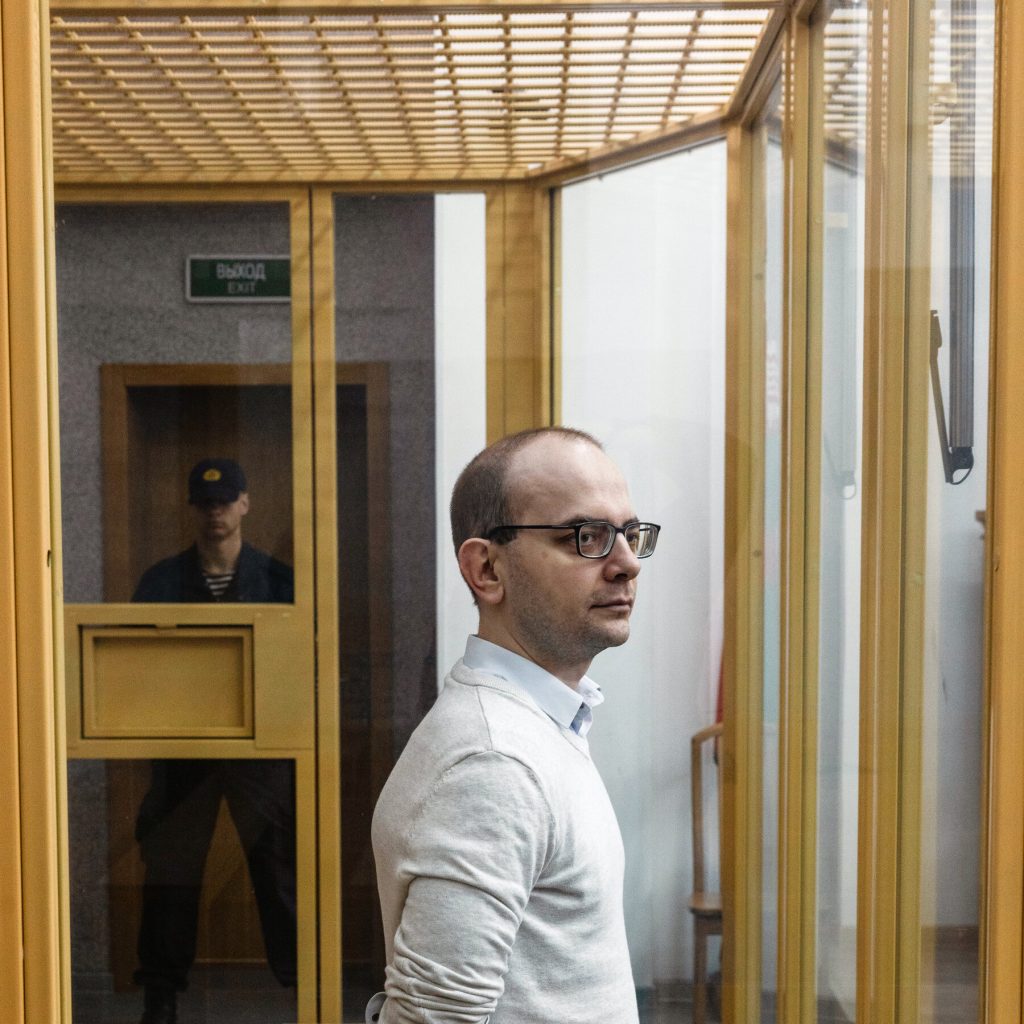A.I.’s Environmental Impact Will Threaten Its Own Supply Chain

The increasing demand for artificial intelligence (A.I.) and its applications has led to a surge in the extraction of essential minerals, such as lithium, cobalt, and copper. These minerals are crucial components in the production of A.I.-enabled devices, including smartphones, laptops, and data center servers. However, the extraction of these minerals has significant environmental implications that could ultimately threaten the very supply chain that supports the A.I. industry.
One such town that has been impacted by the A.I. boom is Rayones, a small mining town in the Dominican Republic. The town’s mines are rich in lithium, a key component in the batteries that power many A.I.-enabled devices. However, the mining activities in Rayones have been linked to deforestation, water pollution, and soil degradation, which have had devastating effects on the local ecosystem.
The vulnerability of Rayones to environmental disasters was starkly illustrated by Hurricane Helene, which made landfall in the Dominican Republic in 2000. The hurricane brought heavy rainfall and strong winds that caused widespread flooding and landslides, disrupting mining operations and displacing local residents. The disaster highlighted the risks associated with large-scale mining activities in areas prone to natural disasters.
The A.I. industry’s reliance on minerals such as lithium, cobalt, and copper has significant environmental implications. The extraction of these minerals often involves large-scale mining operations that can lead to deforestation, water pollution, and soil degradation. Moreover, the processing and refining of these minerals require significant amounts of energy, which is often generated by burning fossil fuels and contributing to greenhouse gas emissions.
As the demand for A.I.-enabled devices continues to grow, the pressure on mining operations to produce these essential minerals will increase. However, the environmental costs of this increased production could ultimately threaten the supply chain that supports the A.I. industry. If mining operations are disrupted by environmental disasters or regulatory changes, the availability of essential minerals could be impacted, leading to shortages and delays in the production of A.I.-enabled devices.
To mitigate these risks, companies involved in the A.I. industry are increasingly looking to develop more sustainable and responsible sourcing practices. This includes investing in renewable energy, reducing waste and emissions, and implementing more efficient mining and processing technologies. Some companies are also exploring alternative sources of essential minerals, such as recycling and urban mining, to reduce their reliance on primary mining operations.
Ultimately, the A.I. industry’s environmental impact will be a critical factor in determining its long-term sustainability. As the demand for A.I.-enabled devices continues to grow, companies must prioritize environmentally responsible practices throughout their supply chains to ensure the continued availability of essential minerals and mitigate the risks associated with environmental degradation.




